I AM the first person to admit that glorious, blue sky days make me deliriously happy.
This is what we all expect here in Andalucía: cloudless sunny days. They should be followed by a glass of something interesting by the pool at sunset. The tourist industry: hotels, restaurants and guides like myself are all weather-dependant. But, well, yes, there is a “but”.
I think we sometimes tend to forget that Spain is much more that a tourist destination with sunny beaches. It is a country whose economy only partially depends on tourism. A “spoilt” April holiday because of rainy weather is a bit of bad luck for the visitor. However, this may acquire new context when one realizes how important “rain in Spain” really is. This winter Spain has seen the worst drought in many years with disastrous results for farmers.
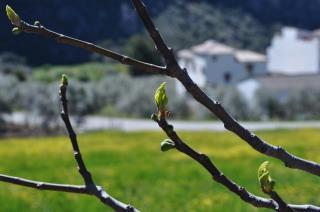
It hardly rained at all between last October and April 2012. Normally the rains in November and December fill the streams, rivers and reservoirs, which keep the countryside green in spring as they gradually dry out. Cattle and sheep farmers, olive oil producers, orchard owners and a host of other people, plants and animals depend on the winter rain.
If you happened to be walking in the countryside lately, you may have noticed a surprisingly increased number of dead cattle and sheep. I have consulted a local large animal vet on this and she confirmed that it was due to lack of grass on the pastures. The livestock in our area depends largely on natural foods and artificial feed is only used as supplement. This is also true in case of the free-range black Iberian pigs which love to root in the green grass in spring and munch on acorns later in the year.
Many farmers simply cannot afford to keep bringing in bales of straw and sacks of feed when there should be plenty of natural food on the pastures. Another local vet called this situation “a disaster”. The popular weatherman José Manuel Maldonado on the www.eltiempo.es website that I frequently use for Grazalema, Montejaque and Ronda (I find it to be very accurate most of the time) mentions the “seven plagues of Egypt” when commenting on the lack of rain, lost crops, hungry cattle and the dry and fallow countryside.
You may find the accompanying picture disturbing but it makes one realise how important the winter rains are for livestock around here. This photograph was taken by Chris Mees from Cortijo Fuente Marchal (www.fuentemarchal.com) as he encountered an exhausted cow trying to give birth to an already dead calf. The animal didn´t have enough strength to push the calf out. We have managed to notify the owner using the tag number Chris very astutely messaged to my mobile.
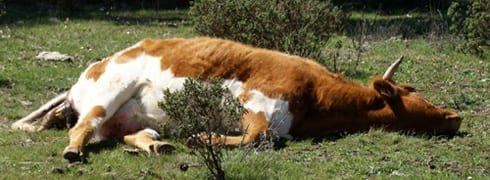
However, this was not an isolated case – weeks before this incident I found three dead cows in Llanos de Líbar in Montejaque and another one in Gulfo valley just off the Llanos de Líbar – this cow also had perished as she was trying to give birth.
Yes, it is raining today on Saturday as I am writing this blog. I would rather be leading a few happy naturalists into the sierras underneath the blue sky. But I can feel the countryside breathing with enormous relief and I am thinking about the exhausted cattle, horses and sheep huddled under the clumps of holm oaks waiting for the life-giving green grass to appear. I am also waiting for the explosion of wildflowers which will happen shortly after this rain.
So, for now l am going to put my wellies and waterproofs on and venture out to experience the sights, sounds and smells of nature as it is coming back to life.



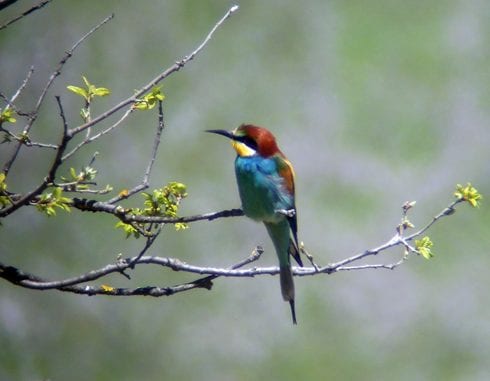
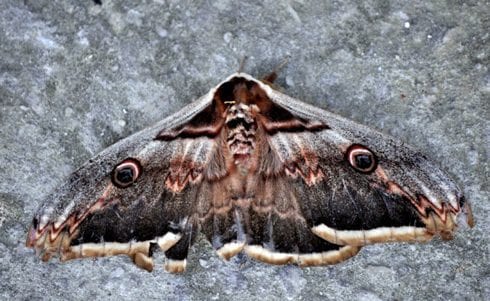
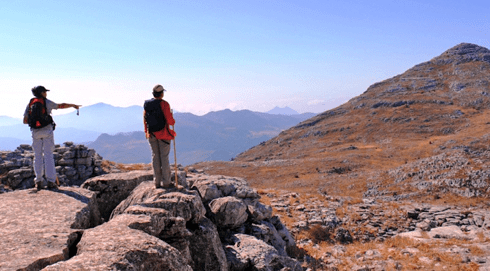
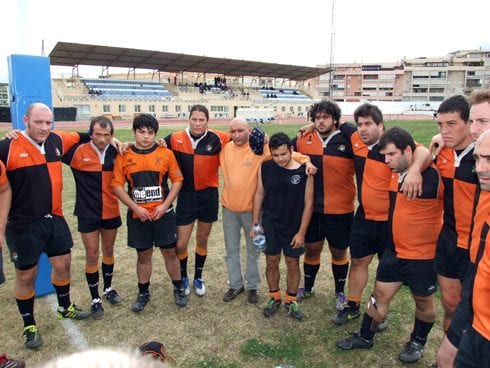
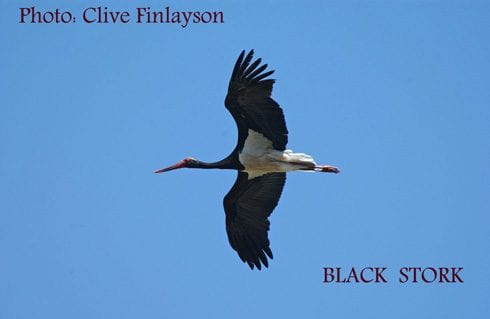


Great piece Eva… Well written and argued
We need rain, rain rain…never complain about rain in these parts of the world!